I’d just heard (on catch-up) Jenny Abramsky (a former director of BBC radio) telling Gillian Reynolds (the esteemed radio critic of the Telegraph) why radio is so special to her: ‘It takes place in my head. It paints pictures in my mind. It talks to me as an individual. It surprises me. It stretches me.’ Then I popped down to the kitchen to make some soup for lunch, reached for the radio button and was hooked instantly as Jeremy Vine talked to a man who had lost his wife in a road accident when their child was just two. (Vine’s Radio 2 lunchtime programme on Monday was focusing on child bereavement following the tragic death of Jo Cox, mother to two young children.) It was just as Abramsky had described. One of those moments. There I was chopping vegetables in an otherwise empty house when suddenly I became part of a conversation, between Jeremy, the young father and me. Taken inside the lives of other people. At a stroke. In my own kitchen.
Reynolds’s programme for Archive on 4 on Saturday (produced by Simon Elmes) was a paean to the years of laughter, tears, fascination and intrigue that radio has given her since she first set out as a critic (she was also one of the founding team at Radio City in Liverpool in the 1970s). Another of radio’s special powers appeared later in the programme when she played a clip from a 1950s broadcast of David Davis reading from Rudyard Kipling’s Just So Stories. The sound of his voice was so evocative that it took me back in an instant to the dining-room of the house where I grew up, having tea with the radio on, an old valve set that now sits on a shelf in my study. It was as if no time had elapsed between my present and past selves. Radio as a madeleine, then: a key to unravelling the self.
Josie Long’s Short Cuts (Radio 4) is always guaranteed to have at least one ‘moment’ per programme, that experience when something is said which makes you feel instantly connected to something bigger than yourself. The first of a new series on Tuesday focused on ‘touch’, not something you would have thought easy to convey on air. But Josie has the knack of drawing you in, making a palpable connection, as she weaves together thoughts and ideas, memories and stories from very different people. We heard from Eve Pearce, an actress who took up dancing in her sixties and who reminded us how most people after a certain age lose the experience of being held, hugged, being in close physical contact with another, and how sad that can make you feel. Go hug a 90-year-old would be her motto. Touching — and very real. But then we heard from a man who had been imprisoned in Somaliland in the 1980s and held in solitary confinement along with 20 other fellow doctors who had fallen foul of their government.
One of them, knowing the threat of mental breakdown in such conditions, developed a way of communicating with each other using a system of knocks on the wall, each knock representing a different letter. Using just these knocks, our contributor read to the man in the cell next door the whole of Anna Karenina, painstakingly, letter by letter over the next couple of months, morning through till night, not stopping even when his fingers were bloodied and bandaged, worn through by the repetitive knocking. It worked — his neighbour calmed down, and found his head filled with the details of Tolstoy’s Russian tragedy rather than his own fears and obsessions.
In Destination Europe on the World Service (Thursdays), Tim Whewell is looking at the impact of migration on the refugees arriving in Turkey and Greece, especially on the children who have lost not just everything in the present but also the chance of a future. In the first programme he was in Istanbul, which now has one of the largest concentrations of Syrians in the world. He met a Syrian woman who arrived in the Turkish city with her teenage son four years ago, fleeing the war in her homeland. After a few months, though, her son went back, frustrated that there was nowhere he could go to school in the city. When he was killed in the fighting, his mother vowed she would set up a Syrian school — she found a building, and begged money from exiled Syrian businessmen to pay the rent. Her teachers worked for free. Now the school has more than 1,100 Syrian pupils, most of whom would otherwise be out working from eight till eight, cutting cloth, packing socks, some of them as young as nine years old, helping their families to pay for food and rent.
Whewell spoke to a young boy, aged 16, in a black T-shirt who was working in a bag factory, in a basement where he never sees the sun. ‘It’s very dark here,’ he said, via a translator. ‘When I was in Syria I didn’t like school. Now in Istanbul I miss everything about it.’ He wants to be an engineer.
Got something to add? Join the discussion and comment below.
Get 10 issues for just $10
Subscribe to The Spectator Australia today for the next 10 magazine issues, plus full online access, for just $10.

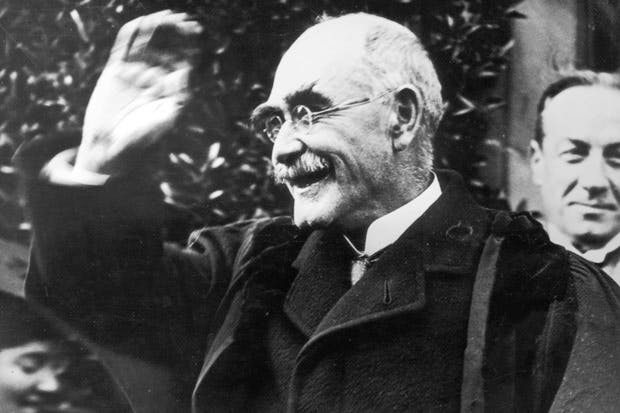

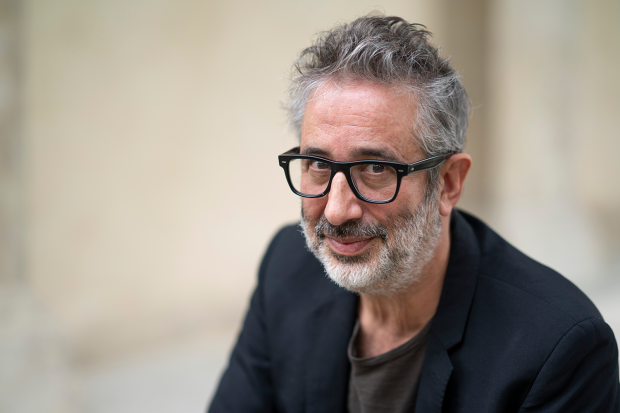
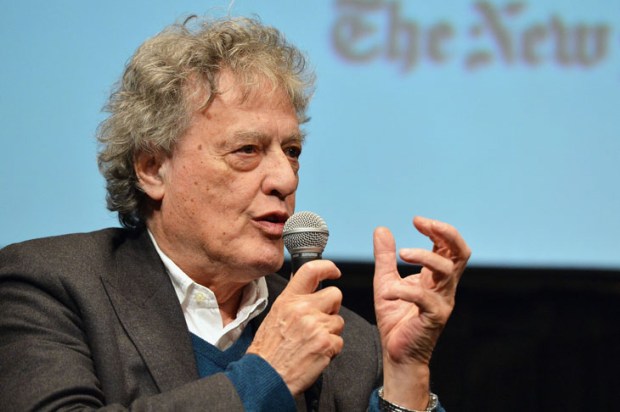
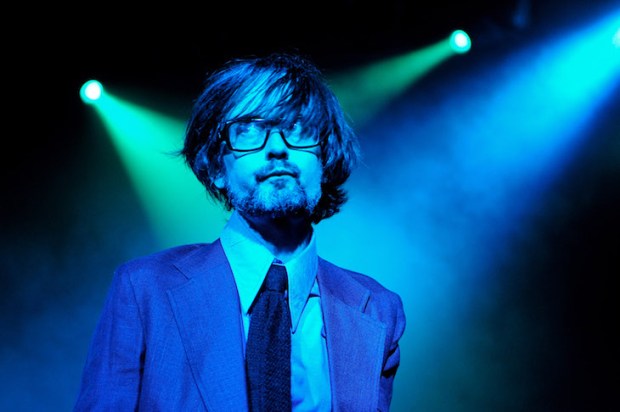
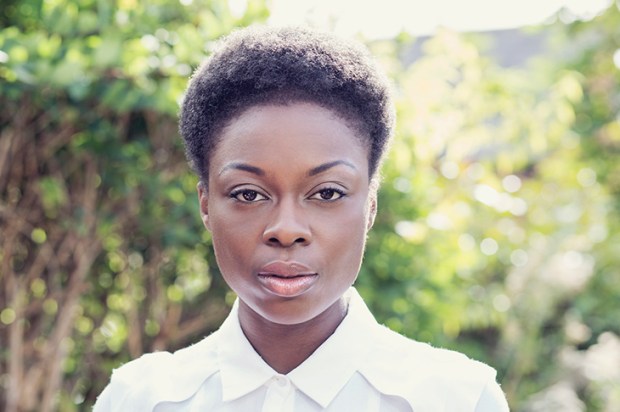
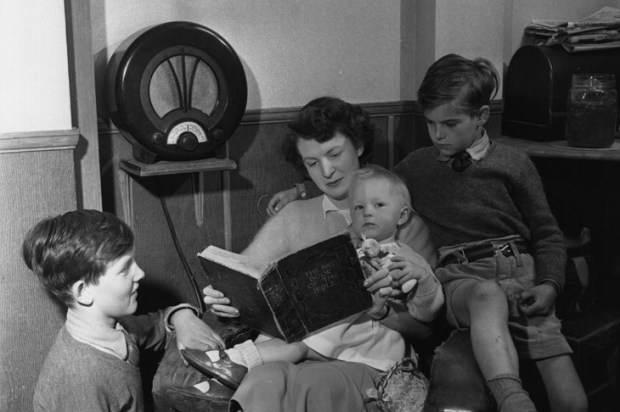






Comments
Don't miss out
Join the conversation with other Spectator Australia readers. Subscribe to leave a comment.
SUBSCRIBEAlready a subscriber? Log in